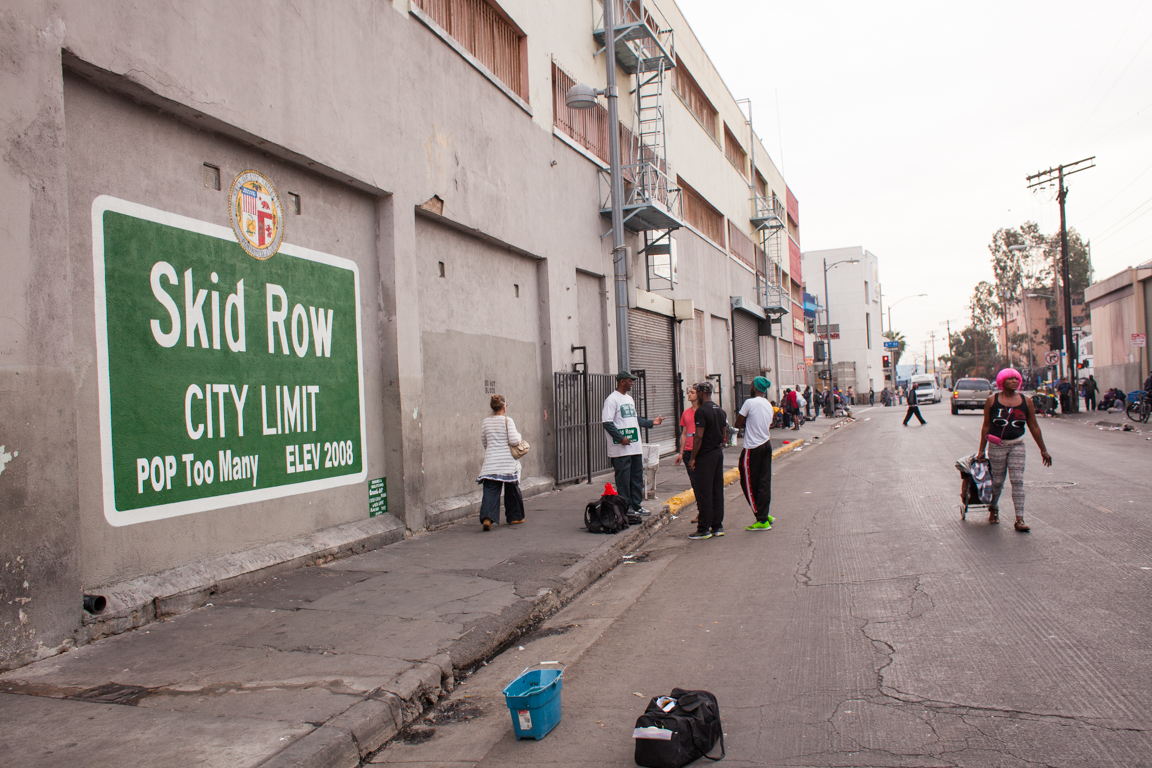By Les Greenberg
City Council
City of Culver City
9770 Culver Boulevard
Culver City, CA 90232
Re: Opposition to Petition of Grace Evangelical Lutheran Church to Modify
Procedures and Regulations for Residential Permit Parking Districts
Hearing: Monday, Sept. 8
Dear Councilpersons:
I write as a 39-year resident of the 10700 block of Farragut Drive (to oppose the June 8 petition of the Grace Evangelical Lutheran Church, 4427 Overland Ave. Ilbert A. Phillips, Esquire, represents the church. The church appeals to the City Council to overturn the city engineer’s decision that the church does not have standing to apply for the dissolution of preferential parking on Farragut. But the church is not a Farragut “resident” or “household.” The church asks the City Council to bypass the city engineer and all requirements of Culver City’s Procedures and Regulations for Residential Permit Parking Districts (Nov. 12, 2013) (Regulations). In substance, the church wishes to revoke certain rights of Farragut residents without due process of law.
The church supports its petition with only religious fervor, but not one fact.
For 32 years, since 1982, the City Council granted preferential parking to the 10700 block of Farragut, thereby protecting Farragut residents from the numerous interlopers who wish to destroy our peaceful enjoyment of our residential neighborhood. Today, we need that protection more than ever.
The petition’s subject matter is explicitly covered in the Regulations, which were enacted after Culver City’s lengthy, public-hearing process. Phillips, on behalf of the church, participated in the public hearings leading to the enactment of the Regulations. Now the church, without citation of any legal authority, wishes to reopen that process.
The church asks the City Council to revoke rights granted to Farragut residents by the Regulations. The church “wants to amend the newly adopted Regulations that made permanent temporary parking restrictions on Farragut Drive.” But the Regulations specifically protect Farragut, stating in part:
All streets that have preferential parking restrictions predating the adoption of the Preferential Parking Districts Boundary Map shall maintain those restrictions unless changed in the future by a separate process outlined in these regulations.
Farragut was one the areas that so protected. Phillips confirms this by stating, “Those temporary [Farragut] restrictions have been in effect since October 2004.”
The Regulations provide the exclusive means to change Farragut’s preferential parking. But the Church has no standing to petition as it is neither a “resident” nor a “household.” The city engineer was right. On that basis alone, the petition should be denied.
At most, the Council has jurisdiction only to decide whether the church is qualified to file a petition with the city engineer—not whether the church’s ultimate request concerning Farragut parking restrictions should be granted or denied. The City Council may not usurp the function of the city engineer.
Even if the Council decides that the church is a “resident” or “household,” the church has no standing to petition to modify parking restrictions in areas other than where it is located. Further, the church will not be able to achieve the 66 percent consensus required to file a valid petition.
Petition States No Ground Upon Which Any Relief Could be Granted
Philips repeatedly writes—approximately 10 times in his letter—about “impacts.”
But he fails to: (1) set forth any detail of any alleged impact; (2) show that any was caused by parking restrictions on Farragut; or (3) demonstrate that it could not be ameliorated in any way other than what the church suggests. Even so, “impacts” are irrelevant to the cited criteria.
The church has not raised this “impact” issue from October 2004 until September 2013, when Phillips first appeared on its behalf. Now, it presents no fact to support its petition. Paraphrasing, “Houston, we have a credibility problem.”
Essentially, the church, when overloading its property, knowingly created its own parking problems and, now wishes to use Farragut as its personal parking lot. It comes before this Council with unclean hands. On May 3, 1957, the church brought a petition for variance (waiver of parking space requirements) when adding facilities, stating, “A church is not a commercial enterprise and has no daily parking need.” The zoning analyst (George Rosenthal) wrote, “(T)he new construction does constitute a major alteration and does give rise to a new request for off street parking.”
Has the church evolved into a commercial enterprise in need of parking for its customers? The church fails, and, thus refuses, to say.
Further, the church states, “[Farragut] includes approximately 30 parking spaces that sit empty all day for the most part and well into the night….” (p., 2.) So what? That only means that the preferential parking restrictions are accomplishing their goal.
The church erroneously assumes that if the Farragut restrictions were modified, only its customers would survive the land rush—the parking spaces would be reserved for the church to the exclusion of customers of other businesses on Overland, renters who reside on Overland, the parents of the thousands of students who attend the four schools near Farragut, evening students, Ballona Creek bikers and others.
Conclusion
After much time, effort and expense, Culver City already resolved these issues by adopting the Regulations. The Regulations effectively foreclose the church from the relief it seeks. Its positions are legally untenable as the petition asks the City Council to exceed its jurisdiction. The Council should deny the church’s over-reaching, seriously
flawed petition. To do otherwise would invite non-residents to inundate the Council with baseless petitions attempting to annul the well-conceived Regulations.
Mr. Greenberg may be contacted at plgreen@att.net







